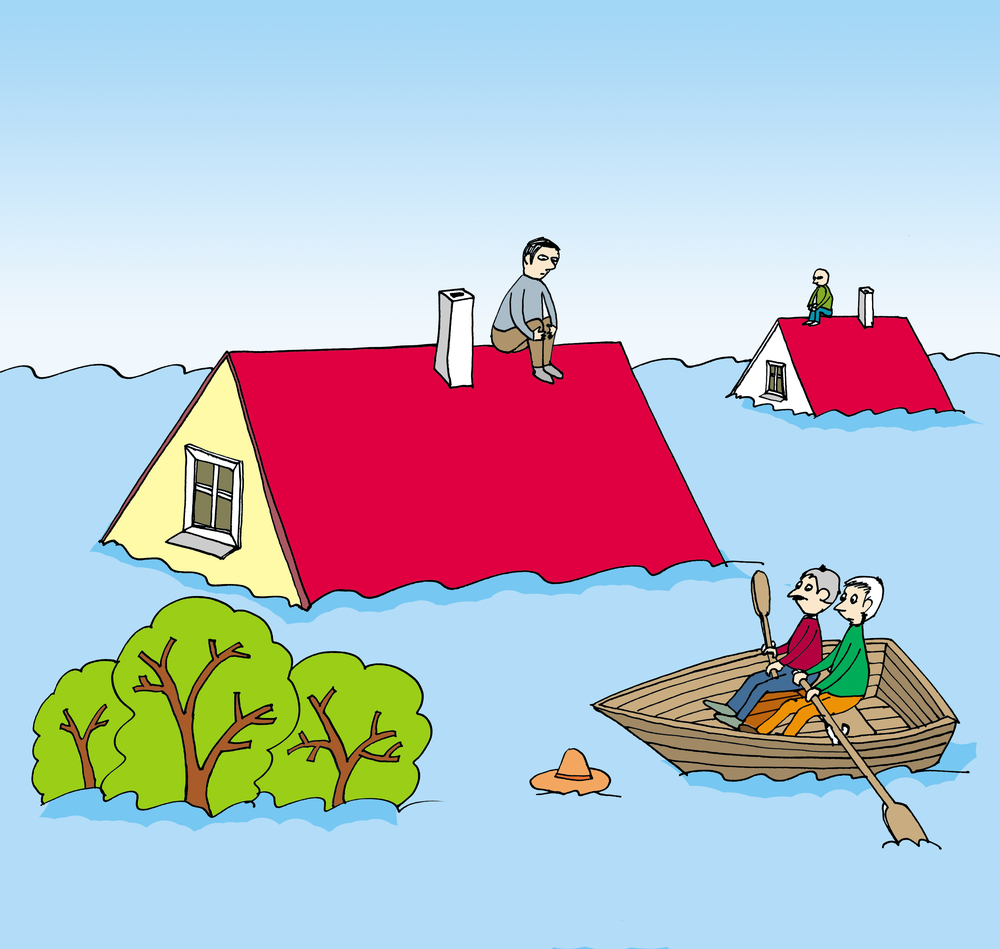The melting glacier problem.
A BNA blog posted in December discussed a report released by the United Nations Environmental Program (UNEP) urging countries to increase efforts to combat climate change and cited the rate at which glaciers are melting as the most critical piece of evidence so far to back up its position. UNEP, according to the blog post, said that the different rates of glacial melting, and the fact that some areas are experiencing small expansion of glaciers, underscores the multiple factors at work in determining the rate at which glaciers melt... Read more [...]











